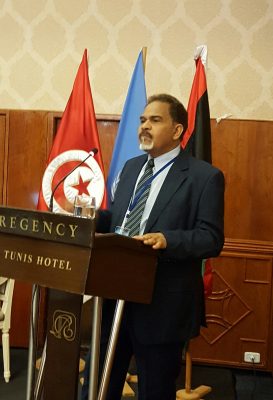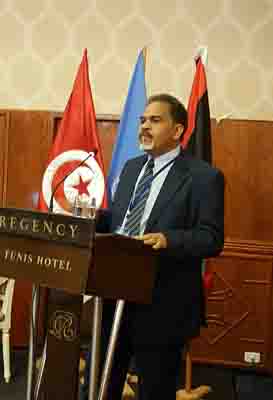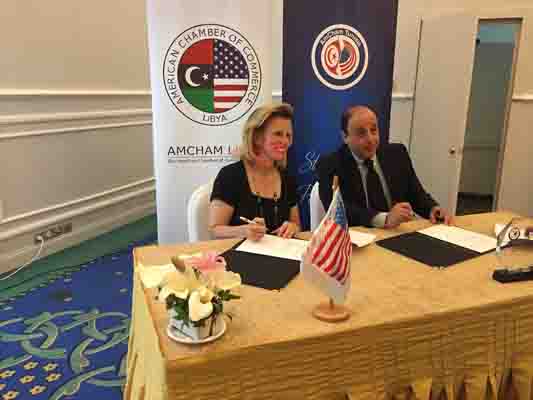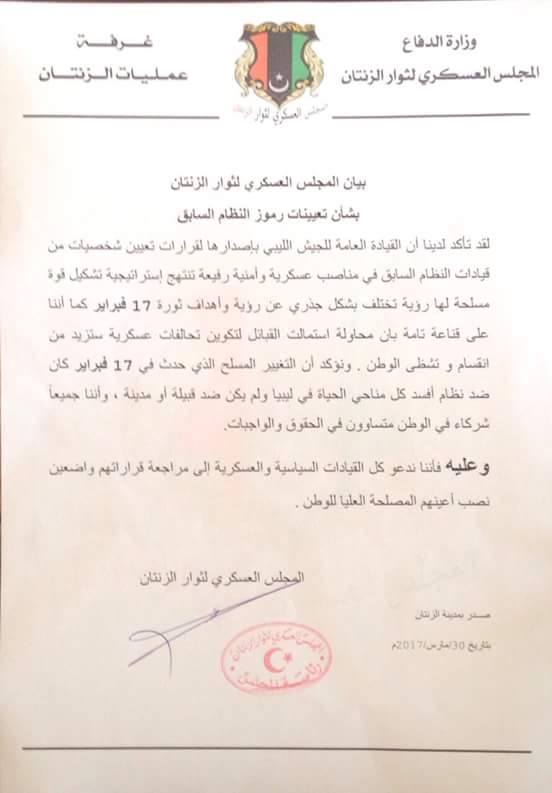By Sami Zaptia.

Tunis, 30 March 2017:
The Libya Experts Forum (LEF) has presented an initiative to UNSMIL, UNDP and the World Bank on a Libyan Social Protection Strategy.
The proposal was presented today on the first day of the two-day 5th LEF meeting in Tunis by LEF member and Economic Advisor to the Monetary Policy Committee of Central Bank of Libya Mohamed Abusneina.
“If what has been spent on on subsidies in Libya was spent on social protection there would be no poverty in Libya. The present 30-percent inflation rate has made it even more difficult for the poor to survive”, Busneina said.
He added: “A social protection strategy needs a comprehensive approach and a general input from Libyan society as a whole. Such a policy needs crystallisation by analysing reality and needs an evidence-based needs analysis – in order to create an effective strategy”.
The link between a social protection strategy, subsidy reform ide centralisation and diversification in Libya was highlighted.
“Libya is spending too much of its GDP in the wrong areas”, said Marouane El Abbasi, of the World Bank Libya Desk.
“Not enough is spent on development and creating new revenues. The country needs to diversify it’s economy to create alternative non-oil revenues”, he explained.
It was also explained that most subsidies are in fact consumed by the richer segment of the population. In implementing subsidy reform the products most consumed by the richer strata can be targeted.
This helps to reduce the negative impact on the poorer strata and reduce the risk of social and political destabilisation. By the same measure increasing prices on products most consumed by the poor can be deferred or staggered.
Subsidy reforms had to involve a comprehensive compensation package to the vulnerable to reduce any shocks, Busneina said.
This could include improved public transport to reduce fuel consumption by privately owned cars. It was pointed out that in Libya most household had to own multiple cars as essential means of transport for families with university students and those at work.









